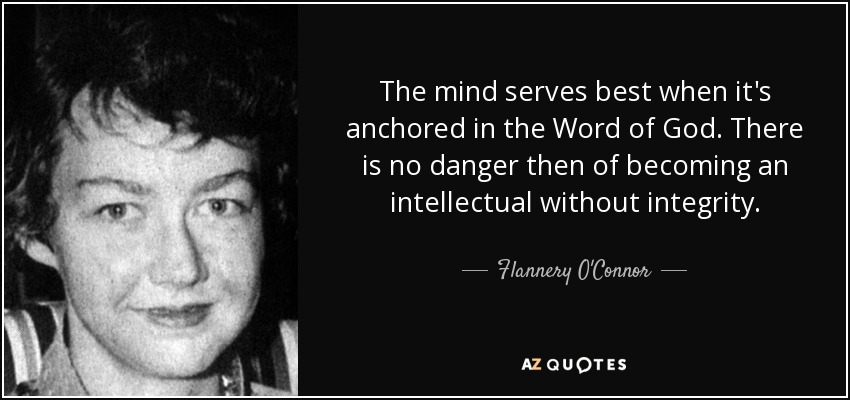Click here to return to Blog Post Intro
The Apostles’ Creed: A Guide to the Ancient Catechism by Ben Myers

Toward the end of the fourth century, Augustine pointed out that life would be impossible without trust. Most of the things we know about the world are really things we believe on the basis of someone else’s world. Similarly, the creed is full of mysterious things. It speaks of things that we can’t immediately observe or verify for ourselves. How can we prove the existence of these statements? How can we know for sure?
Christians today are often suspicious of creeds. Many churches are more comfortable with mission statements than with creeds. Therefore, to confess the creed is to take up a countercultural stance.
The Apostles’ Creed: Together We Believe by Matt Chandler
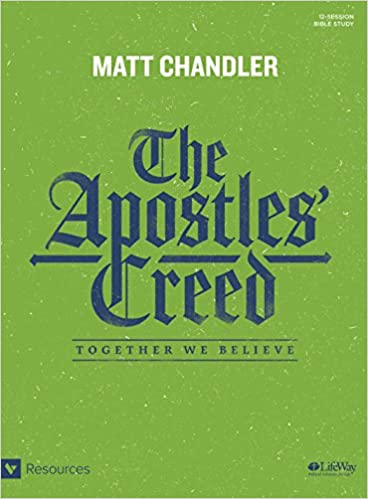

It should be noted that the Creed says, “I believe” and not “I know.” Believing leads to action, and knowing may or may not because belief is birthed in the heart.
When the early church recited the Creed, it was simultaneously their greatest act of rebellion and their greatest act of allegiance.
The Apostles’ Creed binds together a larger family that goes beyond church walls, extends to the first century and goes globally and multi-ethnically. If someone grew up in a Christian home or is a morally good person, it’s easy to believe he or she is a Christian. The Bible is crystal clear, though, that merely believing correct things about God won’t get anybody into heaven. The point can’t be overstated: cultural Christianity won’t save you.
Pisteuo, the Greek word translated as believes in John 3:16 has a richer meaning than the simple understanding of facts. To believe something means to commit and to give your trust. Christian belief is infinitely more than an adherence to a moral code or a knowledge of religious facts. True belief—life-changing commitment and trust—is a matter of eternal life or death.
Reflect on the fact that your relationship with God isn’t based on who you are, where you were born, or what you know. From the very beginning of the Book of John, John told his readers than Jesus came to change their lives forever if they believed in Him.
Affirming the Apostles’ Creed by J. I. Packer
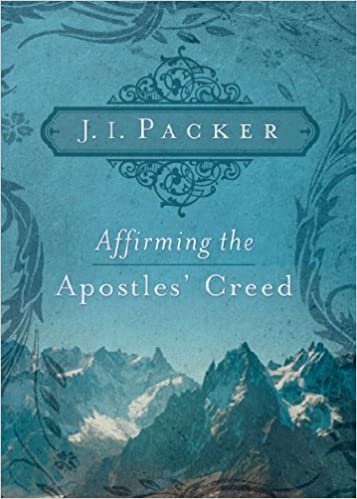
And without faith, it is impossible to please him, for whoever would draw near to God must believe that he exists and that he rewards those who seek him. – Hebrews 11:6
The Creed’s opening words, “I believe in God,” render a Greek phrase coined by the writers of the New Testament, meaning literally, “I am believing into God.”
Faith, the English translation for the Greek noun (pistis) formed from the verb in the phrase “believe into” (pisteuo) gets the idea of trustful commitment and reliance better than belief does. Whereas belief suggests bare opinion, faith is a matter of treating the person or thing as trustworthy and committing yourself accordingly. The same is true of faith in God, and in a more far-reaching way.
The Apostles’ Creed: Discovering Authentic Christianity in an Age of Counterfeits by R. Albert Mohler, Jr.
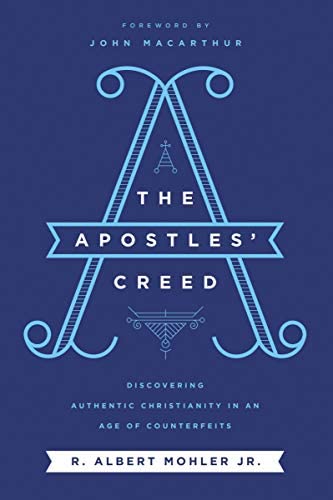
When the Philippian jailor asked, “What must I do to be saved?”, Paul responded, “Believe in the Lord Jesus” (Acts 16:30-31). This response reveals the absolute centrality of belief to the Christian faith.
Each stanza of the Apostles’ Creed begins with the Latin word credo, “I believe.” Like Paul’s response to the Philippian jailor, the creed affirms the integral connection of faith to the Christian life. Christians are believing people.
Apostles’ Creed by Alister McGrath
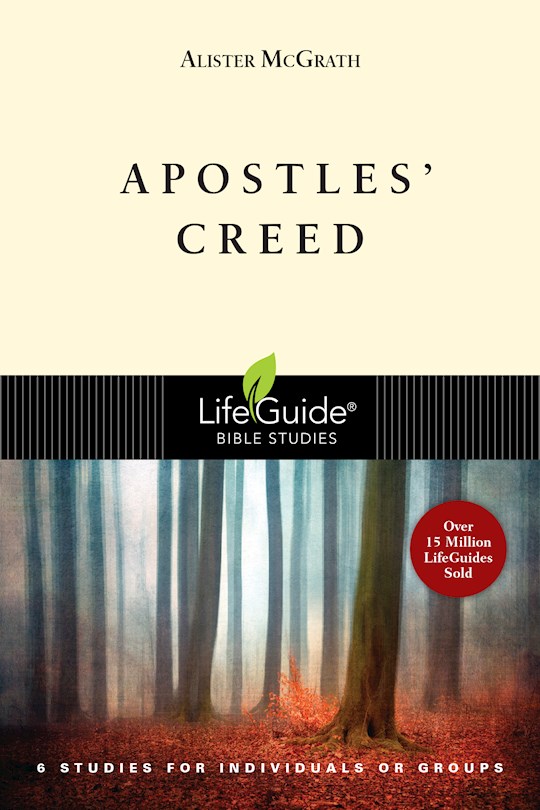
More accurate translations of “I believe in God” would be “I have confidence in God,” “I put my trust in God” or simply “I trust in God.” Faith is not merely believing that God exists; it is anchoring ourselves to that God and resting securing in doing so. It is saying yes to God. Faith means trust.
Faith is our commitment to God, a joyful and willing self-surrender to God. Faith means commitment. Faith is active, seeking to express itself in the way we live. Faith means obedience. Just as an anchor secures a ship to the ocean floor, so our faith links us securely with God.

